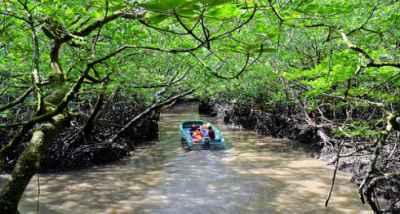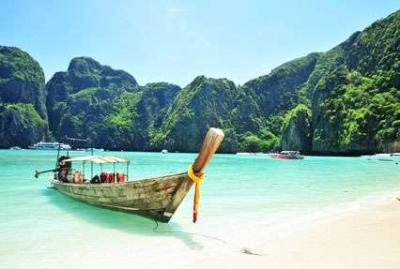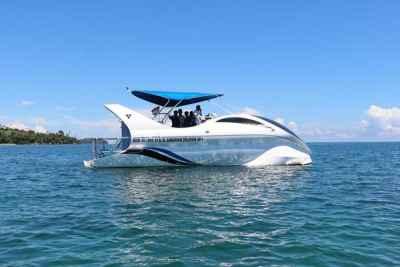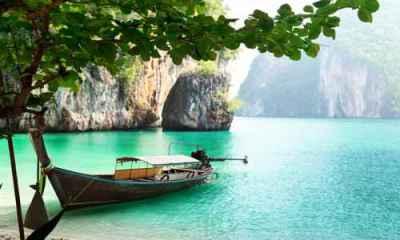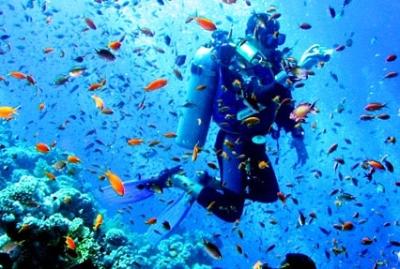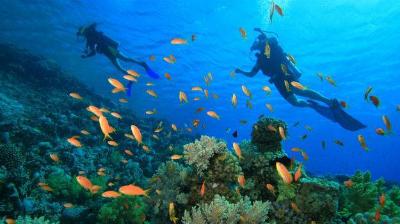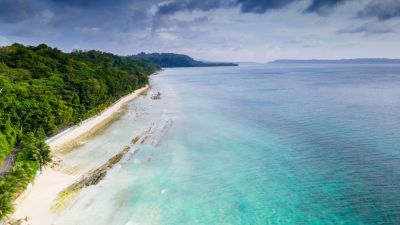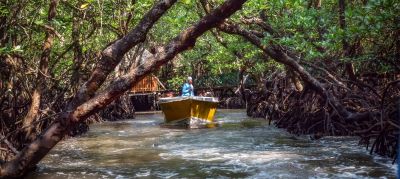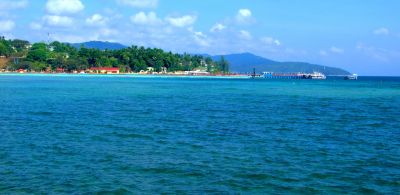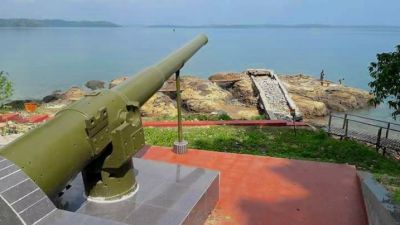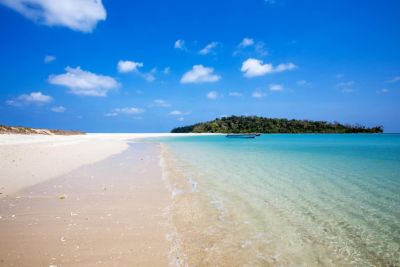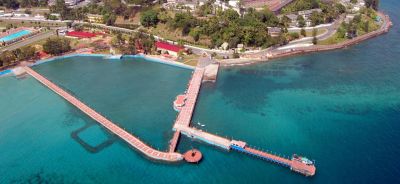The Guide to Responsible and Sustainable Travel in Andaman with Friends
The Guide to Responsible and Sustainable Travel in Andaman with Friends
Andaman and Nicobar Islands, nestled in the Bay of Bengal, are a paradise for nature lovers and adventure seekers. The archipelago is known for its stunning beaches, crystal-clear waters, and vibrant marine life. If you are planning a trip to Andamans with your friends, it is essential to practice responsible and sustainable travel to preserve the natural beauty of the islands for future generations. Here's a guide to help you make your trip eco-friendly and memorable.
Choose Eco-Friendly Accommodation
When selecting your accommodation, opt for eco-friendly resorts that promote sustainable practices. Many resorts in Andaman have taken initiatives to reduce water and energy consumption, manage waste responsibly, and support local communities. These resorts often use renewable energy sources, have efficient waste management systems, and promote local culture and heritage. By staying at such places, you contribute to the preservation of the environment and support the local economy.
Respect the Marine Life
Andaman is home to a diverse marine ecosystem with coral reefs, sea turtles, and various species of fish. To ensure the preservation of this fragile ecosystem, it is vital to follow responsible snorkeling and diving practices. Avoid touching or standing on coral reefs as they are easily damaged. Do not feed marine life or disturb their habitat. Always maintain a safe distance from any marine creatures and resist the temptation to pick up shells or coral fragments as souvenirs. Remember, your actions can have a significant impact on the fragile marine ecosystem.
Use Eco-Friendly Transportation
When exploring the islands, consider using eco-friendly transportation options such as bicycles or electric vehicles. These modes of transport not only reduce your carbon footprint but also allow you to explore the islands at a leisurely pace, taking in the breathtaking beauty of the surroundings. Additionally, try to carpool with your friends whenever possible to minimize the number of vehicles on the road.
Support Local Communities
Engage with the local communities in Andaman by supporting local businesses and eateries. Visit local markets and purchase souvenirs, handicrafts, and organic products made by the indigenous communities. By doing so, you contribute to their livelihood and help preserve their traditional skills and culture. Additionally, opting for local cuisine over imported foods not only supports the local economy but also reduces the carbon footprint associated with transporting goods.
Minimize Plastic Usage
Plastic pollution is a significant threat to the oceans and the environment. To minimize your impact, carry a reusable water bottle and refill it at your accommodation or designated refill stations. Avoid using single-use plastic items such as straws, bags, and disposable cutlery. Instead, opt for eco-friendly alternatives like bamboo or stainless-steel straws and cloth bags. Be sure to dispose of any waste responsibly in designated recycling bins.
Conserve Water and Energy
While staying at your accommodation, practice responsible water and energy consumption. Turn off lights, fans, and electronics when not in use. Limit your showers and reuse towels to conserve water. Andaman is a water-scarce region, and by being mindful of your water and energy usage, you contribute to the preservation of this precious resource.
Conclusion
Traveling responsibly and sustainably in Andaman with your friends not only allows you to have a fantastic trip but also ensures that the beauty and essence of the islands are preserved for future generations. By choosing eco-friendly accommodations, respecting marine life, using sustainable transportation, supporting local communities, minimizing plastic usage, and conserving water and energy, you can make a significant positive impact on the environment and local economy. Let us all be responsible travelers and leave nothing but footprints in the sand.
Don't forget to share this guide with your friends and encourage them to practice responsible and sustainable travel in Andaman too! Together, we can make a difference.
Disclaimer : The information provided in this blog is for general informational purposes only. While we strive to keep the content accurate and updated, TravelSetu assumes no liability for errors or omissions. If you believe any part of this blog infringes your rights or causes concern, please notify us immediately at info[at]travelsetu[dot]com so that appropriate action can be taken.
